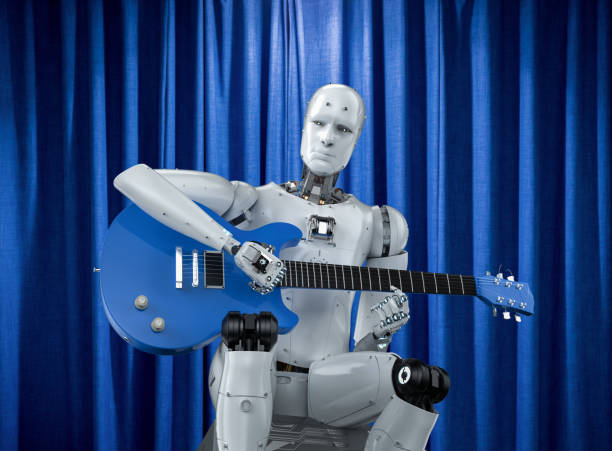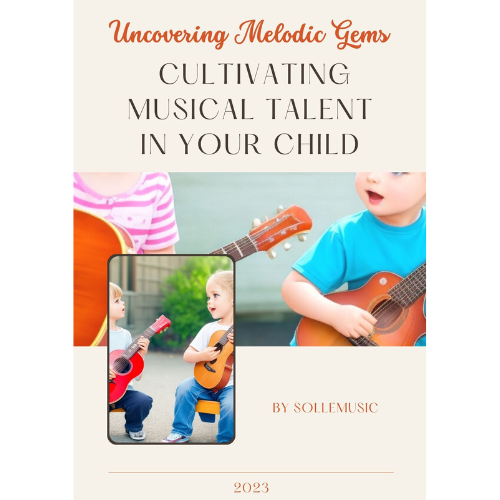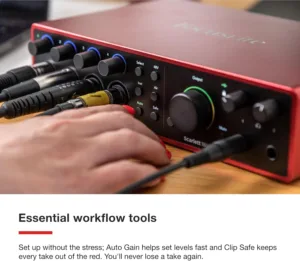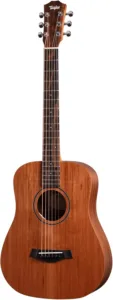Introduction to Exploring the Relationship between Music and AI
Exploring the Relationship between Music and AI reveals the existence of a harmonious Synergy. The realm of Music has always been a creative and dynamic space for human expression. Over the years, musicians and composers have pushed the boundaries of their art. They create masterpieces that resonate with individuals on a deep level. However, recently, the emergence of (AI) has introduced new possibilities and complexities to the relationship between Music and technology. This article will explore the fascinating intersection of Music and AI. It will take you to explore how AI is used to compose, perform, and understand Music.
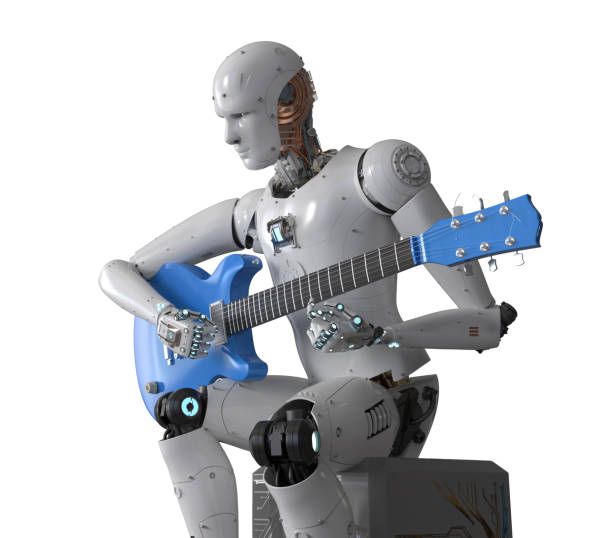
The History of Artificial Intelligence in Music
The relationship between Music and technology is familiar. The invention of musical instruments shows how technology has always played a crucial role in the evolution of Music. However, the true revolution began with the development of AI.
The earliest experiments with AI in music date back to the 1950s and 1960s. At that time, computers started to be used to generate musical compositions. A pioneer in this field was composer Iannis Xenakis. He used computers to create complex musical pieces based on mathematical algorithms.
Evolution of AI in Music
The evolution of AI in Music has been a fascinating journey. It has transformed how we create, consume, and interact with Music. AI in Music was initially limited to simple algorithms that could generate basic melodies or rhythms. However, AI has made significant strides in the music industry.
The advent of AI in Exploring the relationship between Music and AI
Exploring the relationship between Music and AI expands many thoughts.
It is an intriguing intersection of art and technology. Music has always been a deeply personal and expressive form of creativity. However, with the advent of AI, a whole new dimension has been added to the mix.
In the early stages, AI in Music focused on composition and creating new musical pieces. Through machine learning algorithms, AI systems could analyze vast amounts of existing Music. Besides, it learns the patterns and structures underlying different genres and styles. This enabled AI to generate original compositions that sounded remarkably human-like. These AI-generated compositions were often used as a starting point for musicians and composers. They spark creativity and inspiration in their work.
As AI continued to evolve, it ventured into music production and arrangement. AI-powered tools such as virtual instruments, synthesizers, and drum machines have revolutionized Music creation. These tools can now emulate the sounds of various musical instruments with remarkable accuracy. They allow artists to produce professional-sounding tracks without the need for expensive studio equipment or a large ensemble of musicians.
Furthermore, AI has also played an essential role in enhancing the listening experience for music lovers. Music streaming platforms now leverage AI algorithms to analyze users' listening habits and preferences, offering personalized recommendations and playlists. Algorithms consider various factors, such as musical genre, to curate customized playlists that cater to individual tastes.
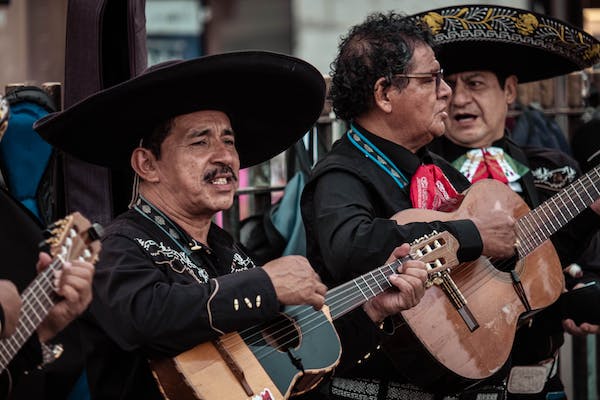
AI has also been integrated into live performances and concerts in recent years. Musicians are now using AI to augment their performances. They allow them to control lighting, visuals, and even aspects of their musical improvisations. This fusion of AI and live Music has resulted in immersive, interactive experiences for artists and audiences.
Looking ahead, the evolution of AI in Music shows no signs of slowing down. We expect AI to continue pushing the boundaries of what is possible in music creation, production, and consumption. It has the potential to unlock new artistic possibilities. It also reshapes the music industry in ways we have yet to imagine.
The impact of AI on the music industry
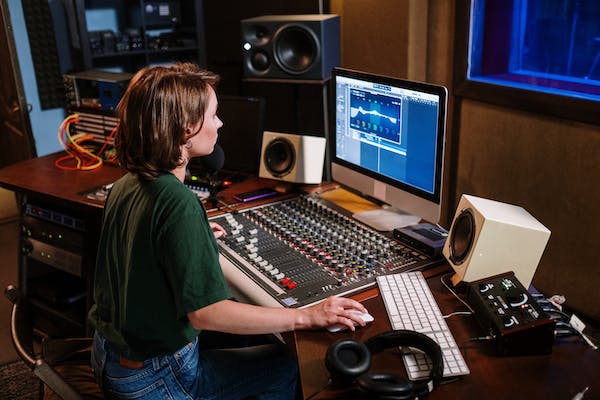
AI in Music focuses on composition and creating new musical pieces. This enabled AI to generate original designs that sounded remarkably human-like.
The impact of AI on the music industry is revolutionary, shaping how Music is created, produced, distributed, and consumed. AI technologies have offered new avenues for musicians, composers, and producers. They provide powerful tools to enhance creativity, streamline workflow, and push the boundaries of musical expression.
One of the significant effects of AI is in the creation of Music itself. AI algorithms can analyze large numbers of songs, melodies, rhythms, and harmonies to generate original compositions. This enables artists to explore new sounds and styles, blending traditional Music with futuristic elements. AI can also assist composers and songwriters in developing ideas and suggesting chord progressions, melodies, or lyrics. That harmonizes with their creative intent.
Regarding production, AI-powered software and algorithms offer advanced sound engineering and mastering tools. These AI techniques can automatically enhance audio quality, balance volumes, remove noise, and intelligently mix elements. They give artists more time to focus on their artistry rather than tedious technical tasks. This streamlining of production processes also helps artists work more efficiently and cost-effectively.
Moreover, AI has also revolutionized music recommendation and curation, transforming how listeners discover new Music. AI algorithms can analyze listening habits, social media activity, and music libraries from individual preferences. AI uses that technique to provide personalized recommendations, creating customized playlists based on an individual's tastes and moods. This facilitates the exploration of diverse genres and artists, breaking down barriers to music discovery.
AI has also enhanced the listening experience for music lovers. Music streaming platforms now leverage AI algorithms to analyze users' listening habits and preferences, offering personalized recommendations and playlists.
AI has also been integrated into live performances and concerts in recent years. Musicians are now using AI to augment their performance. AI allows them to control lighting, visuals, and even aspects of their musical improvisations. This fusion of AI and live Music has resulted in immersive, interactive experiences for artists and audiences.
Looking ahead, the evolution of AI in Music shows no signs of slowing down. Thus, we expect AI to unlock new artistic possibilities and reshape the music industry in ways we have yet to imagine.
Worries about the Relationship between Music and AI
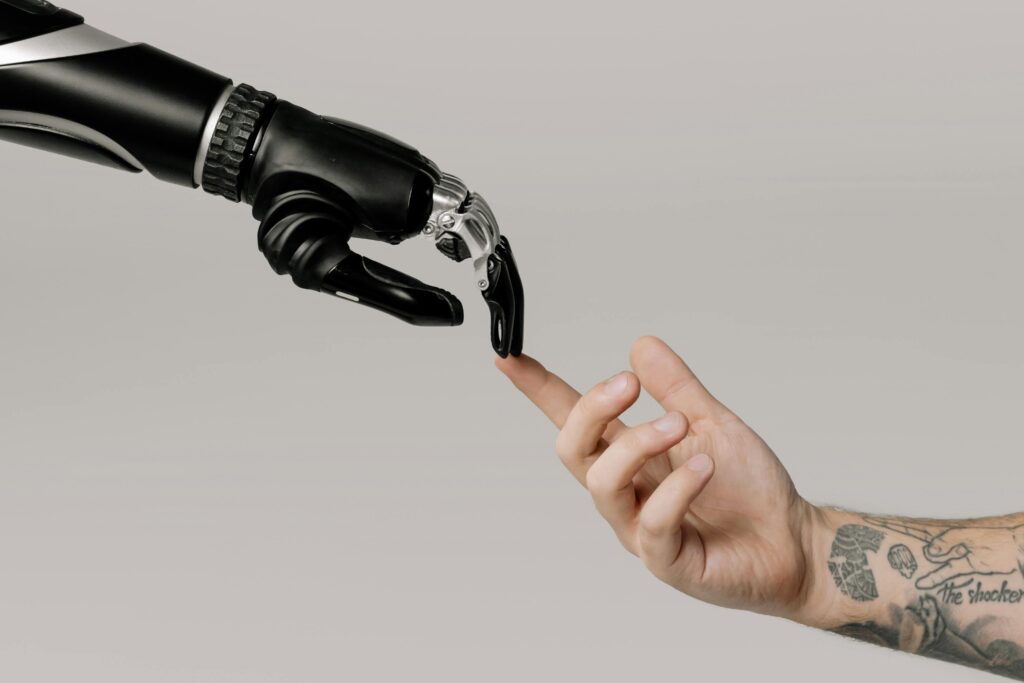
Many people worry that AI might replace human musicians, making them obsolete. However, most experts believe that AI is a tool that can enhance human creativity rather than replace it.
AI can help musicians explore new ideas and styles, providing suggestions and insights that might not arise otherwise. Collaboration between humans and AI is becoming increasingly common, resulting in truly unique and innovative Music.
With any advancement, some welcome it with open arms. Besides, there will be people who approach it with caution. It is a dance between the traditional and the innovative. It could also be a tug-of-war between authenticity and experimentation.
The Future of AI in Music And Exploring the Relationship between Music and AI
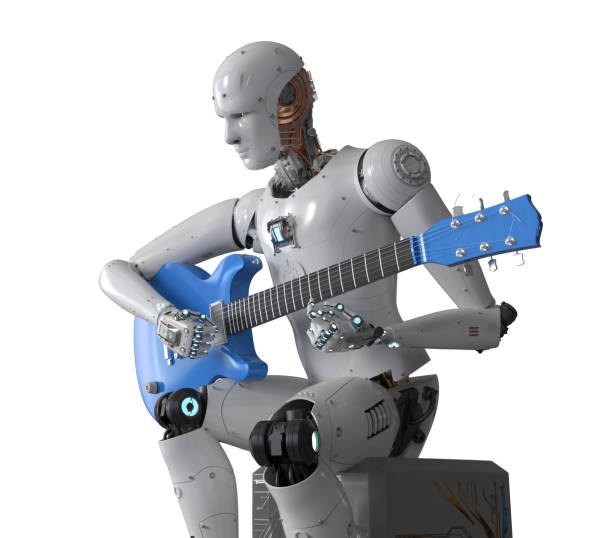
As AI technologies advance, we can expect to see even more changes in Music. AI could create custom-tailored Music that caters to each individual's taste, expanding the boundaries of the musical experience.
Furthermore, AI is also being used to create innovative concert experiences. It is important to mention an example, such as AI-generated concerts. Music is composed in real time based on the audience's reaction.
In summary, artificial intelligence is revolutionizing Music in exciting and unexpected ways. It facilitates music creation and production and challenges our traditional understanding of art, expanding the horizons of musical creativity. When exploring the relationship between Music and AI, Music continues to evolve and surprise us in remarkable ways.
Artificial Intelligence is not just a crescendo, it is a paradigm shift. AI possesses the potential
https://www.forbes.com/sites/davidhenkin/2023/12/05/orchestrating-the-future-ai-in-the-music-industry/?sh=167e96c4f643
to transform the music industry into a dynamic and technologically driven ecosystem, presenting both extraordinary opportunities as well as challenges.
Conclusion
To sum up, exploring the relationship between Music and AI will open huge horizons for Human beings. AI will become a two-wind sword tool. AI will play a crucial role in Musicians' lives in enhancing creativity.
FAQ
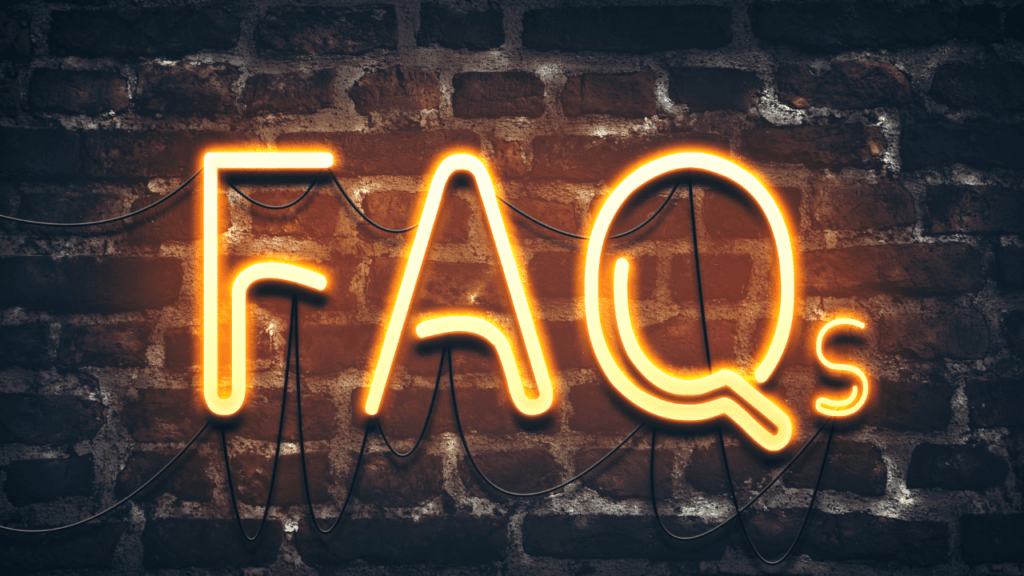
- How is AI related to Music?
Exploring the Relationship between Music and AI explains many points. AI music can generate new sounds and beats to enhance soundtracks. Hence, artists may also bounce ideas off of AI music generators. They can feed them lines and let these tools continue the lyrics and instrumentals. Thus, you get to produce new versions of songs.
AI algorithms have become capable of generating Music that mimics the styles and characteristics of renowned composers. In addition, deep learning and neural networks allow AI systems to analyze large datasets of music compositions. Besides, AI acquires a deep understanding of musical patterns, harmonies, and structures. These AI composers can churn out original pieces. Those pieces sound remarkably similar to famous composers like Bach, blurring the line between human and machine creativity.
2. What is the increasingly influential role of AI in the music industry?
As we can see, (AI) is revolutionizing the music industry. It can appear from composition and production to personalized recommendations and enhanced listening experiences. AI algorithms can analyze musical data to generate original designs, expanding the creative horizons of musicians and composers.
3. Is AI a threat to Music?
We are still determining where this journey leads us. However, exploring the relationship between Music and AI will reveal essential tips. such as;
The ability of AI to take somebody's voice. In addition, making a song threatens the position of that person.
4. How can AI be useful in Music and media?
AI is making significant strides in music production, capable of analyzing aspects like melodies and rhythms and even generating creative inputs for compositions. Additionally, AI technologies can process and potentially enhance sound quality through automated mastering services.
5. Will AI take over Music?
While AI-generated Music can be technically proficient and polished, it lacks the unpredictability and artistic flair that human creativity brings. Musicians thrive on the freedom to take risks, blend genres, and explore unconventional ideas, often leading to entirely new music movements.

